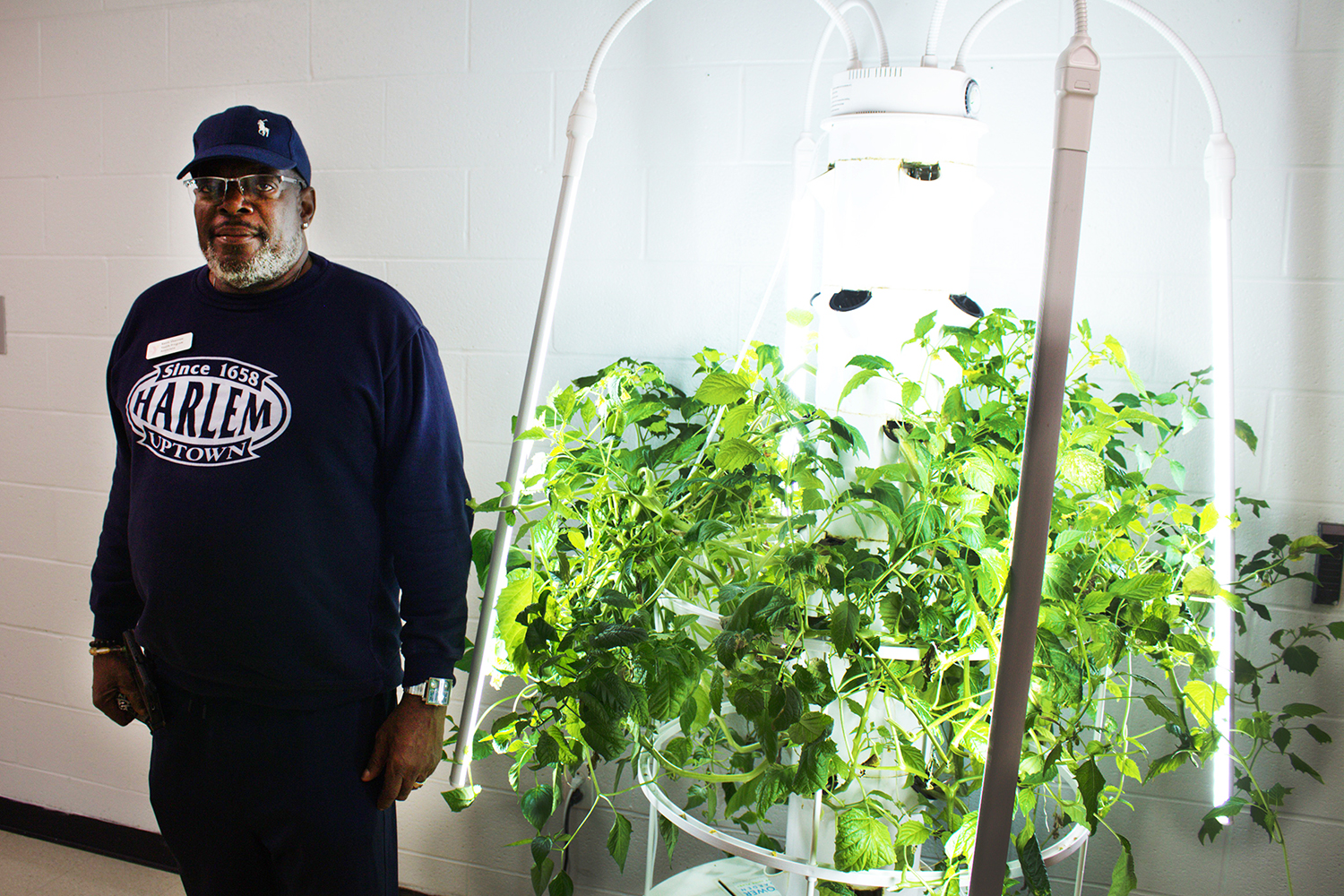Residents of one Maryland county bought fewer sugary drinks after a campaign to reduce the consumption of sugar-sweetened beverages that included policy changes and public health outreach efforts, according to a new study from the Rudd Center for Food Policy and Obesity at the University of Connecticut.
The new study, published today in JAMA Internal Medicine, is the first to use objective retail sales data to measure the effectiveness of a community-led campaign to reduce consumption of sugary drinks.
“This study demonstrates the power of a community-based public health campaign that combines health-supporting policy changes with extensive outreach. The residents of Howard County have been engaged in every phase of this effort and their commitment to switching their drinks showed up in the supermarket sales data,” says Marlene Schwartz, the study’s lead author, a professor of human development and family studies and director of the UConn Rudd Center.
 In 2012, the Horizon Foundation — an organization focused on improving the health of people living in Howard County — and several community partners began a three-year campaign, Howard County Unsweetened, to encourage local residents to reduce their consumption of sugary drinks, including sodas, sports drinks, energy drinks, fruit drinks, flavored waters, and sweetened teas. The campaign included policy changes and public health messaging to encourage people to make healthier beverage choices in schools, childcare centers, government locations, and community organizations.
In 2012, the Horizon Foundation — an organization focused on improving the health of people living in Howard County — and several community partners began a three-year campaign, Howard County Unsweetened, to encourage local residents to reduce their consumption of sugary drinks, including sodas, sports drinks, energy drinks, fruit drinks, flavored waters, and sweetened teas. The campaign included policy changes and public health messaging to encourage people to make healthier beverage choices in schools, childcare centers, government locations, and community organizations.
Beverages with added sugars are among the leading sources of empty calories — calories that supply little or no nutrients — for both children and adults; and overconsumption of sugar is associated with obesity and increased risk of heart disease.
Comparing sales data in 2012, before the Howard County Unsweetened campaign, to sales data in 2015, researchers found notable declines in purchases over the three-year period.
The study’s key findings show that based on sales data from Howard County supermarkets:
- Sales of sugar-sweetened soda declined nearly 20 percent.
- Sales of 100 percent juice fell 15 percent.
- Sales of fruit drinks with added sugars fell a little more than 15 percent.
The campaign’s policy changes included strengthening the school system’s wellness policy to eliminate sugary drinks in student-accessible vending machines, and increasing access to water; enacting a 2014 state law prohibiting licensed childcare centers from serving sugary drinks to children in their care, and encouraging breastfeeding; enacting a 2015 local law making healthier food and drinks more widely available on local government property, and engaging nearly 50 community organizations in the effort to improve the food and beverage choices they offer at meetings and in vending machines. These organizations included faith communities, health groups, businesses, and nonprofits.
Community-wide public health outreach efforts included:
- Marketing, such as TV ads, social media messages, and online ads.
- Disseminating public health information about the risks associated with consumption of sugary drinks directly to local residents at community and athletic events, local swimming pools, and health fairs.
- Training of healthcare professionals to improve patient counseling on the dangers of sugary drink consumption and the diagnosis and treatment of children with obesity.
In determining the campaign’s impact, researchers compared weekly beverage sales of top-selling brands in 15 Howard County supermarkets with a matched group of 17 supermarkets in southeastern Pennsylvania. The study did not include sales data from non-supermarket vendors such as convenience stores.
The study was funded primarily by the Horizon Foundation, with additional funding from the Robert Wood Johnson Foundation, and from the Rudd Foundation to support data collection. Voices for Healthy Kids, a joint initiative of the Robert Wood Johnson Foundation and the American Heart Association, is a strategic partner of both Howard County Unsweetened and Sugar Free Kids Maryland.
Co-authors of the study include Glenn Schneider and Nicolette Highsmith Vernick of the Horizon Foundation; Yoon-Young Choi, Jennifer Harris, Tatiana Andreyeva, and Maia Hyary of the UConn Rudd Center; and Lawrence J. Appel MD of the Horizon Foundation and Johns Hopkins University.



